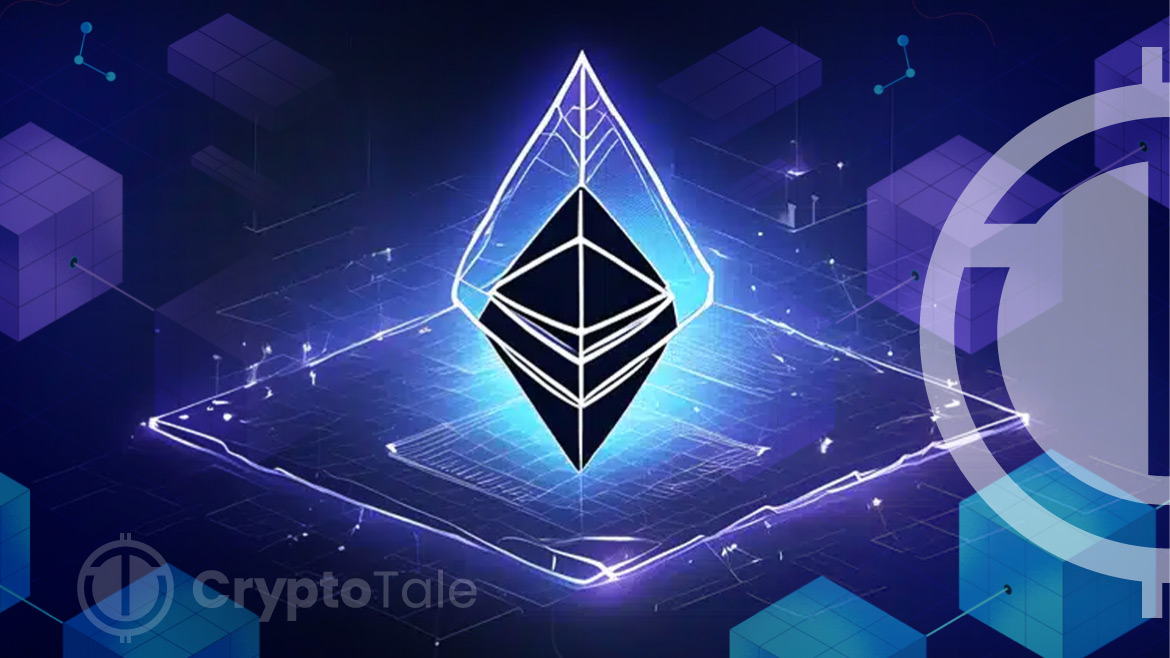- EIP-7732 separates Ethereum block execution from consensus validation, improving processing efficiency.
- The new proposal introduces builder attributions and timeliness attestations for Ethereum validators.
- Validators will focus on consensus state transitions while deferring execution validation under EIP-7732.
Ethereum’s EIP-7732, the Enshrined Proposer-Builder Separation proposal, has been officially created as reported by Wu Blockchain in his recent X post. This proposal aims to revolutionize Ethereum block validation by decoupling execution validation from consensus validation.

By introducing a new optional role for builders and a new duty for submitting payload timeliness attestations, the proposal seeks to enhance both logical and temporal aspects of block validation.
The ExecutionPayload field of the BeaconBlockBody will be replaced by a signed commitment from builders, specifying the execution block’s blockhash and payment to the beacon block proposer.
Upon processing the BeaconBlock, the committed value is deducted from the builder’s balance and credited to the proposer. Validators assigned to the Payload Timeliness Committee (PTC) will attest to the timely revelation of the committed execution payload, without needing to validate the payload itself immediately.
This proposal addresses several key issues. Currently, most beacon block proposers outsource execution payload construction to builders, which requires a trust-based exchange. EIP-7732 aims to create a trust-free fair exchange, ensuring honest proposers receive payment and honest builders’ payloads become canonical, regardless of the counterpart’s actions.
Additionally, validators currently perform consensus and execution state transitions within a limited time frame. By separating these tasks, validators can focus on consensus state transitions before attesting, while execution validation is deferred, allowing for better use of the slot time. This separation also facilitates faster network propagation and reduces the likelihood of reorganization when including blob transactions in blocks.
Bitcoin and Ethereum Show Signs of Potential ReboundEIP-7732 eliminates the need for trusted middleware in block construction delegation and prevents validators from missing attestations, thereby strengthening fork choice weight properties. The proposed changes span several areas, including beacon chain modifications, fork choice updates, P2P changes, and the introduction of new guides for honest validators and builders.
EIP-7732 introduces a significant shift in Ethereum block validation, aiming to enhance efficiency, fairness, and security by decoupling execution from consensus processes and introducing new roles and responsibilities for validators and builders.






